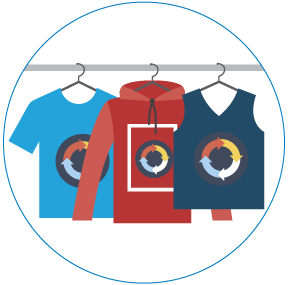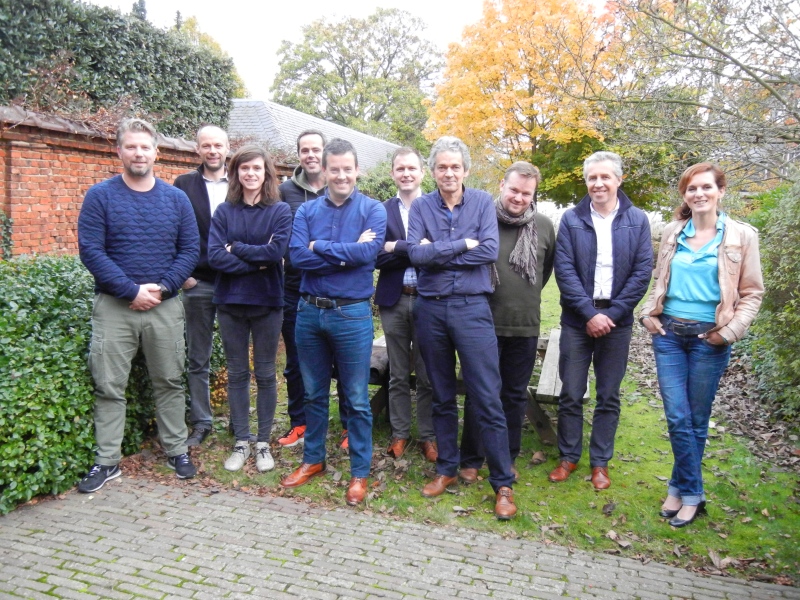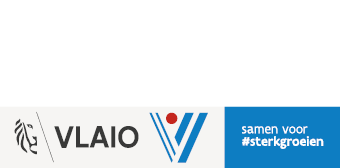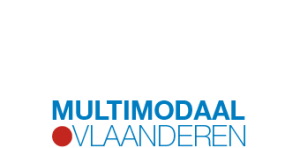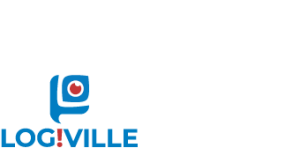High water consumption during the production of raw materials and the use of large quantities of chemicals, make the fabric sector a major polluter. Many clothing items never get sold and used clothes are being reused very little.
Both the government and textile sector are getting more and more aware of this problem. Several companies have started initiatives on circular economy. This initiatives deserve logistic support and stimulation.
Opportunities
VIL wants to examine which new economic business models can be developed for the companies involved, for the textile sector in general and for the related logistics service providers. The business models will be based on added value logistics, starting from a more effective collection of end-of-life clothing. A successful circular economy can hold commercial advantages for both textile producers and retailers. Clothes that would have been lost, get new commercial value through reuse or recycling.
The circular economy and a better reuse of materials also have a considerable impact on society: it implies consciously dealing with scarce resources and a reduction harmful emissions caused by the combustion of end-of-life clothing.
